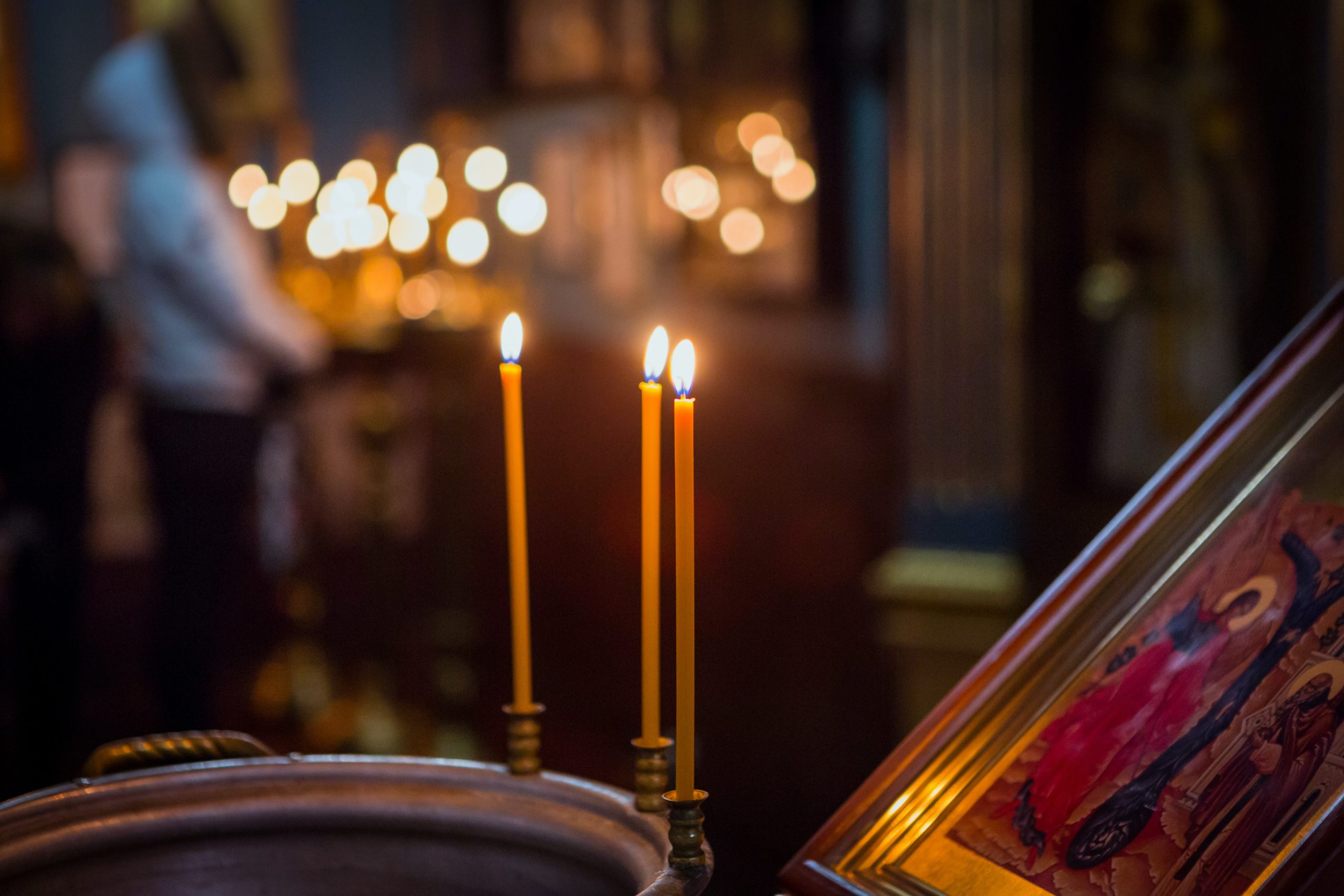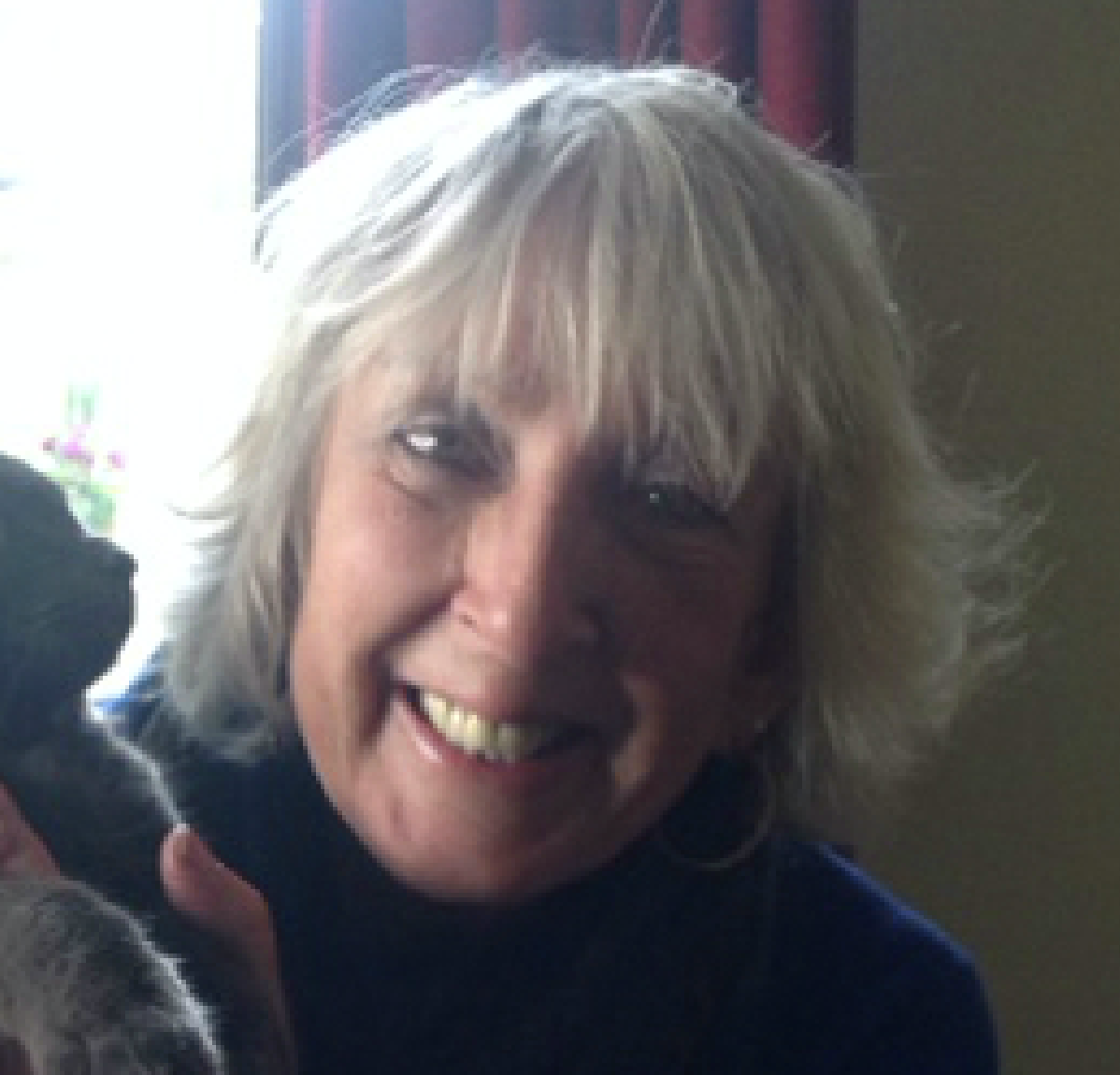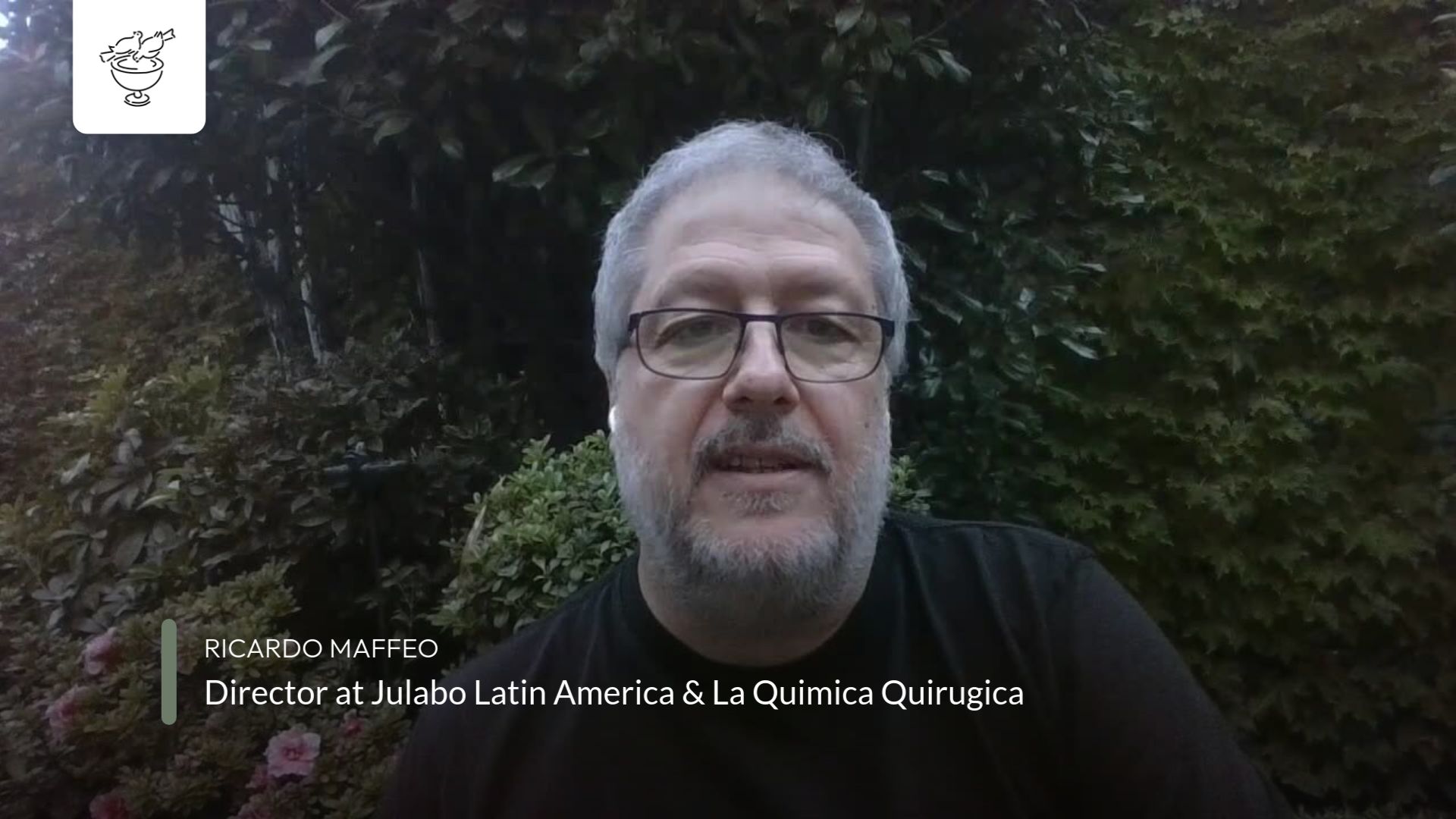Like the Magi, I am called to turn, and see what is before me now.
Well, the festivities are over, the last piece of holly has been swept from under the sofa and a stray card packed off with the others ready for label-making next year. It all looks a bit dull, the cheery Xmas bling now stowed in a dark cupboard under the stairs. Even the cat is slow and sleepy, seeing no reason to frisk in a damp, grey garden. There is a sense of loss that John Clare expresses;
The old year’s gone away
To nothingness and night….
All nothing everywhere:
Mists we on mornings see
Have more of substance, when they’re here
And more of form than he….
He intimates that the mists are now reality as colour and life from the old year recede.
This contrast of colour and loss are intriguing to me, perhaps partly because my personal experience of life currently involves illness that brings a certain loss of old ability, action and colour; I am in a process of discovering what replaces that loss.
During Epiphany Mark and I were reading ‘ the coming of the the Magi ‘ where T.S Eliot portrays three privileged men taking on an arduous journey, causing them to look back nostalgically on a past life of advantage and wealth. Recollections of warm summer palaces and girls in silk serving sherbet seem lost to another world. Yet, unbeknown to them, the discomfort of their journey anticipates a new way of seeing things. Familiar notions of prestigious kingship are overturned, as their arduous travelling finally brings them to the doorway of a dank stable smelling of cattle. In the gloom they make out the figures of two bewildered new parents looking over an animal’s feeding trough. The mewling of a young baby reaches their ears. Now here begins a mystery, with intimations of epiphany. What makes the first man fall to his knees on soiled straw? Why does it feel relevant to place wealthy gifts before this unprepossessing trio? Something seems to have changed his focus, rather like putting on a new pair of glasses. This man has subtly adjusted his inner vision allowing him to ‘see’, as St. Paul was to, on the road to Damascus. His two friends are moved to follow his example and kneel before the manger, level now, with the small occupant who needs no more than a warm lap and ready supply of milk. Nevertheless before him are placed solemnly, the opulent gifts of gold, frankincense and myrrh.
At the end of Eliot’s poem, one of the Magi, now an old man, reflects on this experience.
‘No longer at ease in the old dispensation
alien people clutching their gods.
I should be glad of another death.’
We get a picture of him looking back, and imagine how he must recall leaving such prestigious gifts behind on the floor of a ramshackle stable. In turning from them however, he has moved towards a new understanding that does not sit easily with society about him now. He perceives himself surrounded by ‘alien people clutching at their gods; a reflection perhaps, of our own time where undue value is placed on the ‘god’ of materialism. He would be glad for a renewal of past experience where so suddenly, richer values had been revealed. Wealth had been eclipsed by a new vision of simplicity, humility and deep reality.
I think my own experience helps me also to realise what ‘I should be glad of another death’ implies.In voluntarily ‘letting go’ of things I have valued in the past, but that my illness now takes from me, there comes slowly this subtle sense of being turned around gently, to see what ‘was’ from a different angle and thus find, spread before me, ‘what is’, a new means of fulfilment, new resources. Like the Magi, a ‘death’ of old values have been replaced by something equally, maybe even more, worthwhile. From my point of view this does not exclude a certain mourning for what has been left behind, but to stay at that point would be to stand still. Like the Magi, I am called to turn, and see what is before me now.
Gerard Manley Hopkins expresses something of this present gift as he describes the exuberance of colour and life that is there daily for us to see and receive but that may easily be occluded by the demand of modern life.
‘ The world is charged with the grandeur of God.
It will flame out, like shining from shook foil.’
And in ‘Pied Beauty’;
‘Glory be to thee for dappled things
For skies of couple colour
as a blinded cow
For rose moles all a staple
Upon trout that swims:
Fresh fire coal chestnut falls; finches wings…….
He fathers forth whose beauty is past change…’
One of my small but valued joys is to feed the birds regularly and watch them as they enthusiastically peck around just out side big glass doors that provide a good view. Amongst the assertive magpies, crows, blackbirds and pheasants are delicate gold finches like small jewels flashing a band of yellow in their wings. An exquisite tiny beauty ‘fathered forth’ and I have the privilege of receiving the gift they bring. The poet Mary Oliver writes;
‘ There is the heaven we enter through institutional grace
and there are the yellow finches bathing and singing
in the lowly puddle’
Simple gifts fluttering around ready for me to receive and delight in.
John Main often describes life as ‘all gift’ yet there is much of this we can miss as we rush around trying to fulfil the impositions that society puts upon us. Recently ‘Black Friday’ produced disturbing TV pictures of people grabbing what they wanted, often trampling over others to do so. Such desperation precludes any chance of the receiving I describe. Access to true acceptance of gift does not involve grabbing, but requires quietness of spirit, openness of heart and a capacity to live in the moment, valuing what is before me now. These attributes counter desperation since they access gift that is free and readily available. Mary Oliver writes prolifically about her joy in the sights and sounds around her;
‘Sometimes I need
to stand
wherever I am
to be blessed’
A regular meditation practice enables me to do just that. John Main writes
‘Meditation is the practice of purity of heart. We have to purify, which means to clarify, so we can see with clarity of vision. .we see ourselves, we see creation…..meditation summons us to open our hearts to light and life by the simple process of paying attention …. ‘
With-Men voices a similar perception writing from the 13th century;
‘Ten thousand flowers in spring, the moon
in autumn,
a cool breeze in summer, snow in winter.
If your mind isn’t clouded by unnecessary things,
this is the best season of your life.’
May we all be blessed with a deepening gift of new vision, appreciation and thankfulness as we move out along the fresh pathway of 2015.





